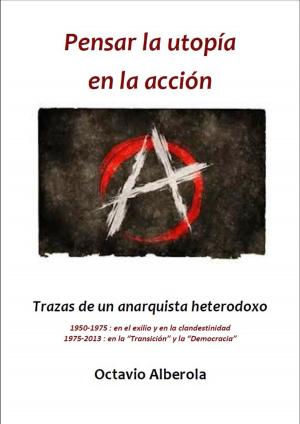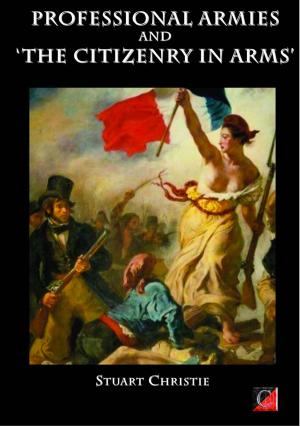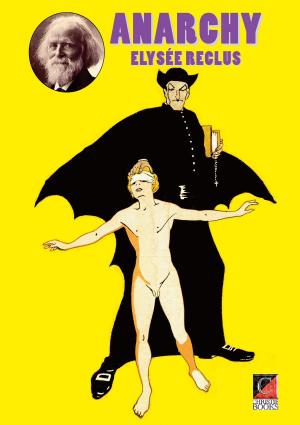SOME THOUGHTS ON JOHN RAWLS' 'A THEORY OF JUSTICE'
Nonfiction, Social & Cultural Studies, Political Science, Government, Civics, Democracy, Politics, History & Theory| Author: | Stuart Christie | ISBN: | 1230000271247 |
| Publisher: | ChristieBooks | Publication: | September 30, 2014 |
| Imprint: | ChristieBooks | Language: | English |
| Author: | Stuart Christie |
| ISBN: | 1230000271247 |
| Publisher: | ChristieBooks |
| Publication: | September 30, 2014 |
| Imprint: | ChristieBooks |
| Language: | English |
An anarchist critique of John Rawls' 'A Theory of Justice'. Since its publication in 1971 the political ideas expounded by philosopher John Rawls in A Theory of Justice have provided the justifiers and apologists (i.e., the informers and the regulators who, respectively, mould opinion and behaviour within the bourgeois state) for a ‘just’ capitalist democracy — the currently prevailing form of class society — with an alternative to utilitarianism. It also provides, to quote Burns*, “…the oppressor’s cruel smile / Amid his hapless victim’s spoil” with an ideological mask of ethical legitimacy for the predatory values — and practices — of nakedly amoral neo-liberal capitalism. The question remains: how can bourgeois rule be defeated without putting something worse in it place — and without having to plough through the deliberately mystifying lexicon of neo-liberal gobbledygook (e.g. “dialectic” and “contradiction”, for conflict and division, respectively), with which they seek to cover their own self-serving bureaucratic agenda? * Lines Written on a Banknote (1780)
An anarchist critique of John Rawls' 'A Theory of Justice'. Since its publication in 1971 the political ideas expounded by philosopher John Rawls in A Theory of Justice have provided the justifiers and apologists (i.e., the informers and the regulators who, respectively, mould opinion and behaviour within the bourgeois state) for a ‘just’ capitalist democracy — the currently prevailing form of class society — with an alternative to utilitarianism. It also provides, to quote Burns*, “…the oppressor’s cruel smile / Amid his hapless victim’s spoil” with an ideological mask of ethical legitimacy for the predatory values — and practices — of nakedly amoral neo-liberal capitalism. The question remains: how can bourgeois rule be defeated without putting something worse in it place — and without having to plough through the deliberately mystifying lexicon of neo-liberal gobbledygook (e.g. “dialectic” and “contradiction”, for conflict and division, respectively), with which they seek to cover their own self-serving bureaucratic agenda? * Lines Written on a Banknote (1780)















